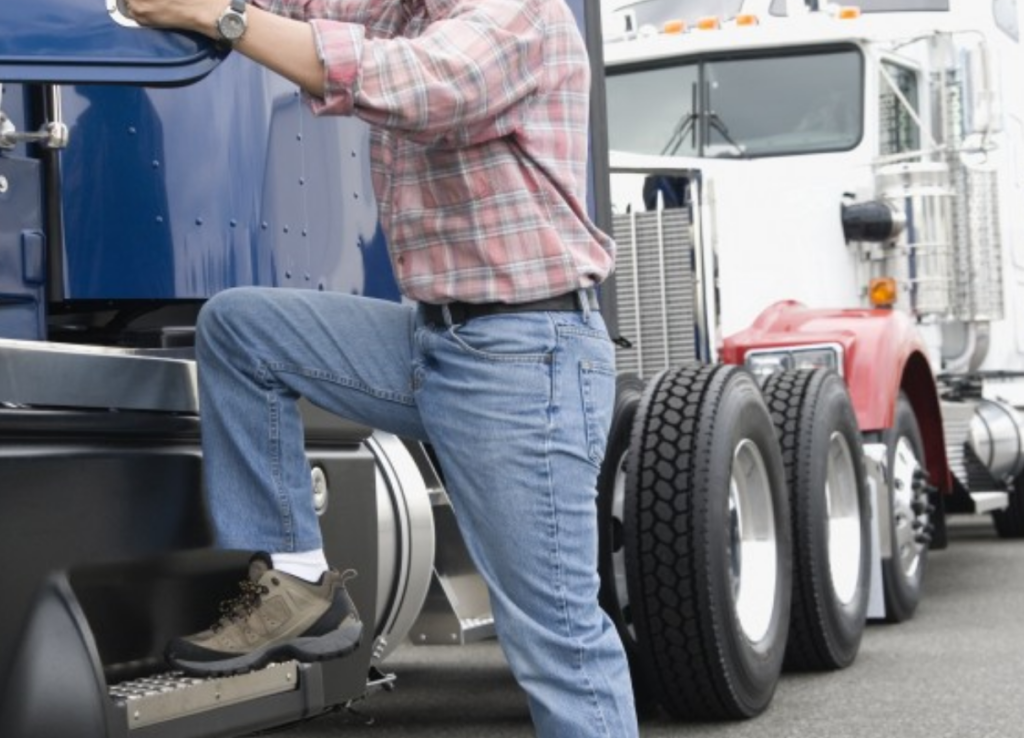Independent Trucker Group, Rebuffed by U.S. Supreme Court, Continues to Battle
An appeal to the U.S. Supreme Court by a national association of small-business truckers, the Owner-Operator Independent Drivers Association (OOIDA), will not be reviewed.
The group contends that a “mandate to electronically track commercial truck drivers was never about safety and that the government was never able to demonstrate how such a mandate would improve safety.”
OOIDA president, Jim Johnston, said that the Association will continue to pursue the issue on the congressional side as part of its “Knock Out Bad Regs” campaign and will continue to communicate with the Administration about this and other regulations.
OOIDA had filed the petition seeking a review of a ruling from the U.S. Court of Appeals for the Seventh Circuit regarding the electronic logging device mandate. The court had ruled against the Association last year on its lawsuit against the Federal Motor Carrier Safety Administration.
The divided is big. OOIDA says “mandating electronic logging devices (ELDs) is the equivalent of warrantless surveillance of truckers and that the government’s weak excuses for doing so fail to justify violating their Fourth Amendment rights.”
“That intrusion on the rights of hard-working Americans cannot be justified. The mandate will not improve safety. It will, however, be another costly regulatory burden heaped upon an already over-regulated industry,” said Johnston.
“The mandate has everything to do with large, economically motivated entities using the government to impose their will on small businesses which comprise the majority of the trucking industry. Until the government is able to answer many fundamental and basic questions about the mandate, they should at least delay its implementation,” said Johnston.
Commercial truck drivers are restricted to a limited number of working and driving hours under current regulations. The FMCSA’s mandate requires that truck drivers use ELDs to track their driving and non-driving activities even though such devices can only track movement and location of a vehicle. OOIDA contends that requiring electronic monitoring devices on commercial vehicles does not advance safety since they are no more reliable than paper logbooks for recording compliance with hours-of-service regulations.
Category: General Update, Management










